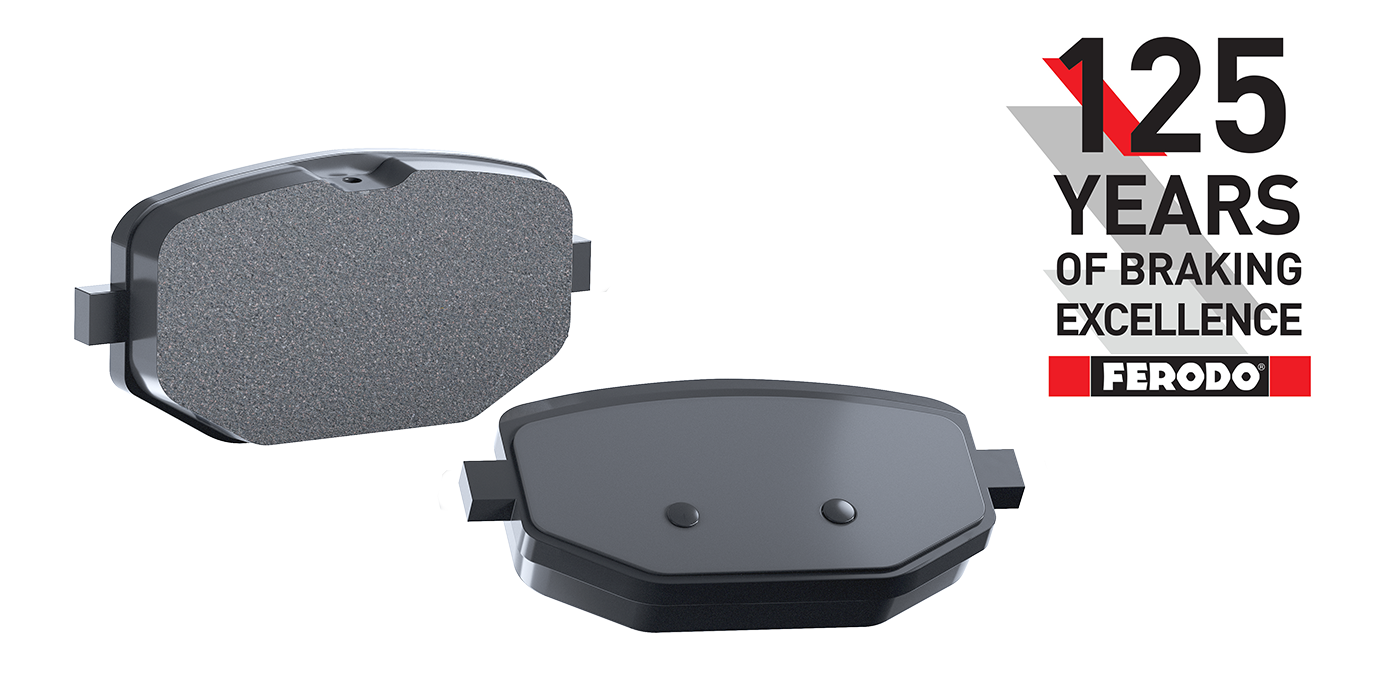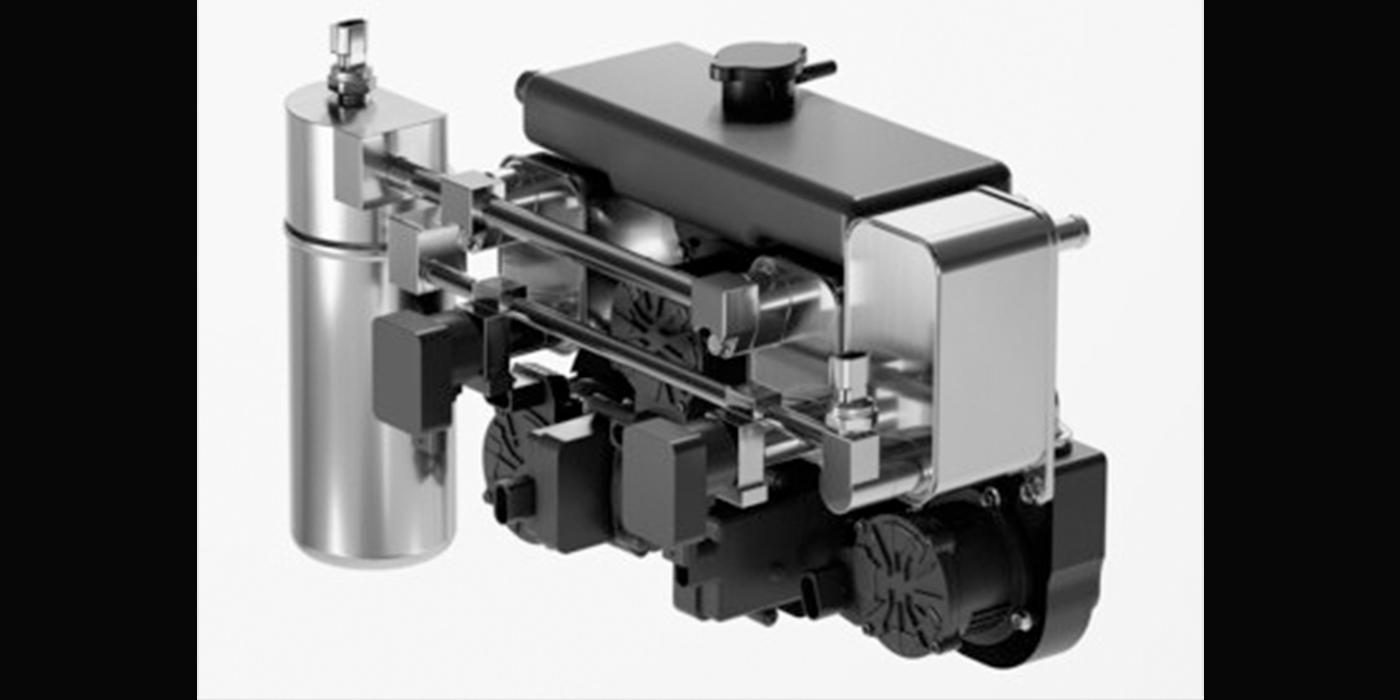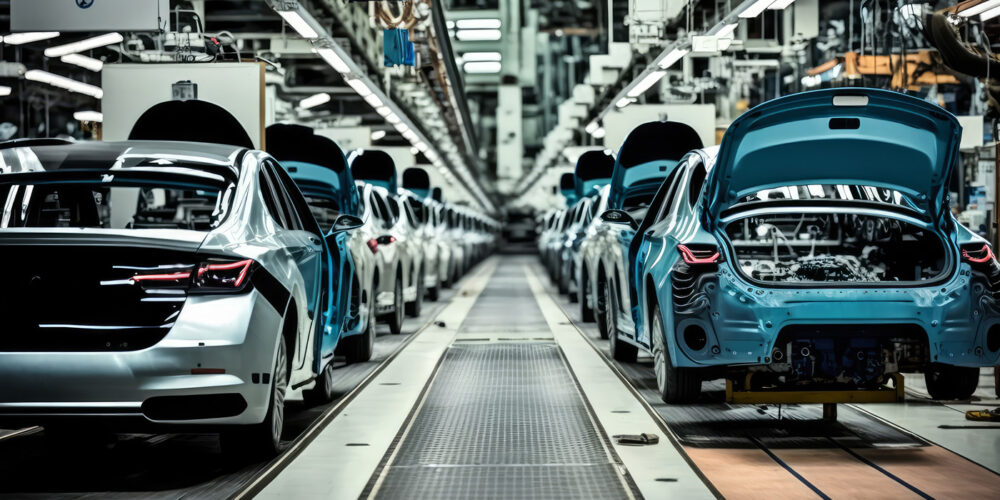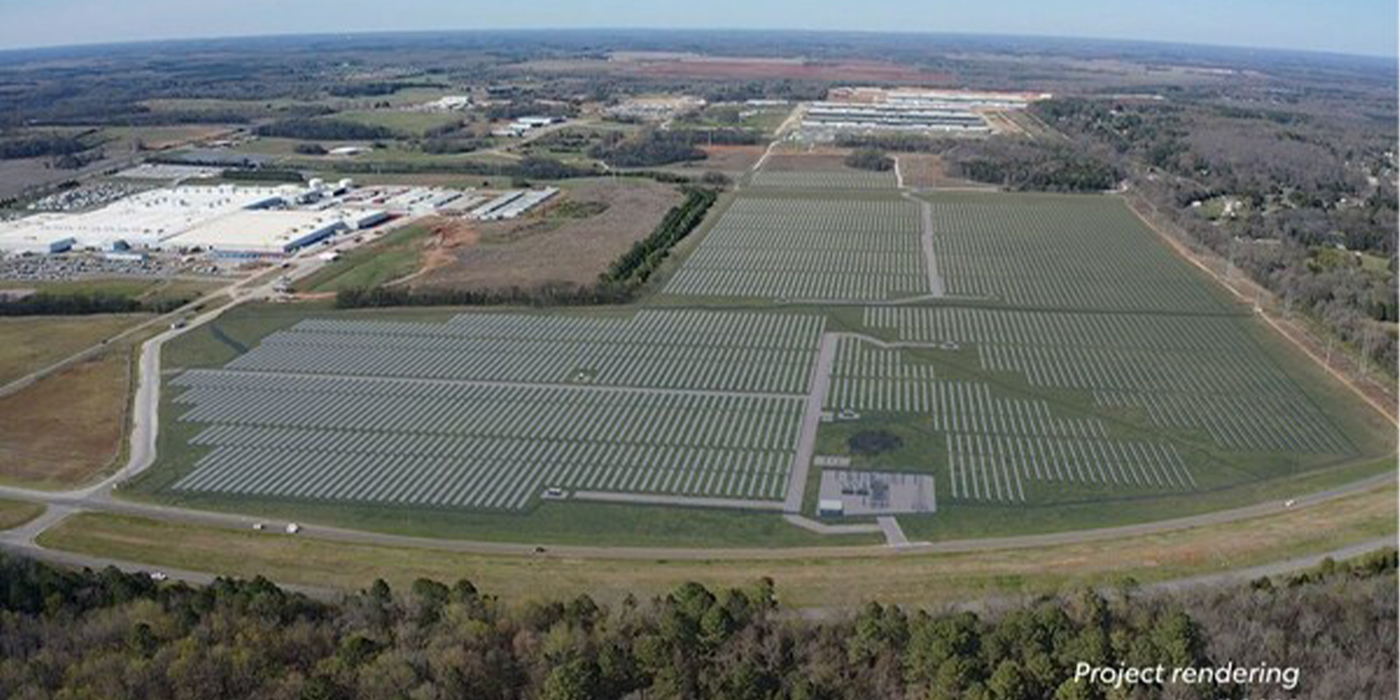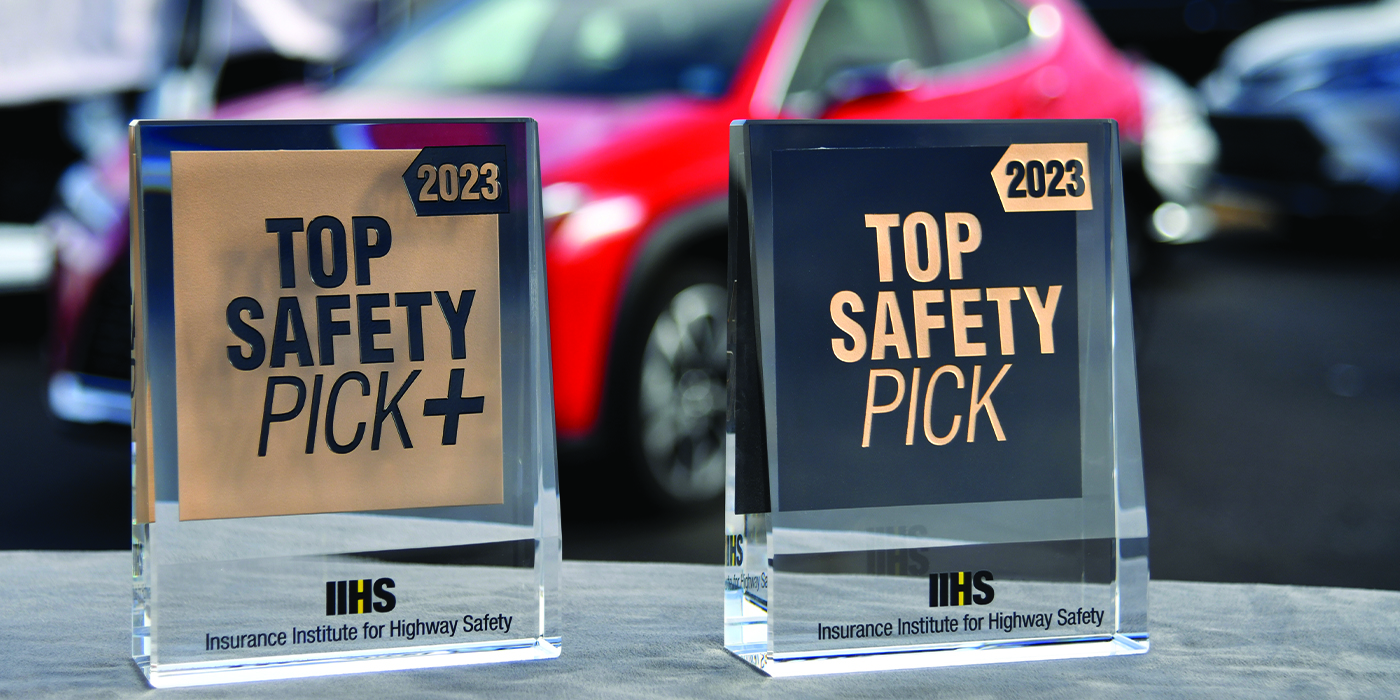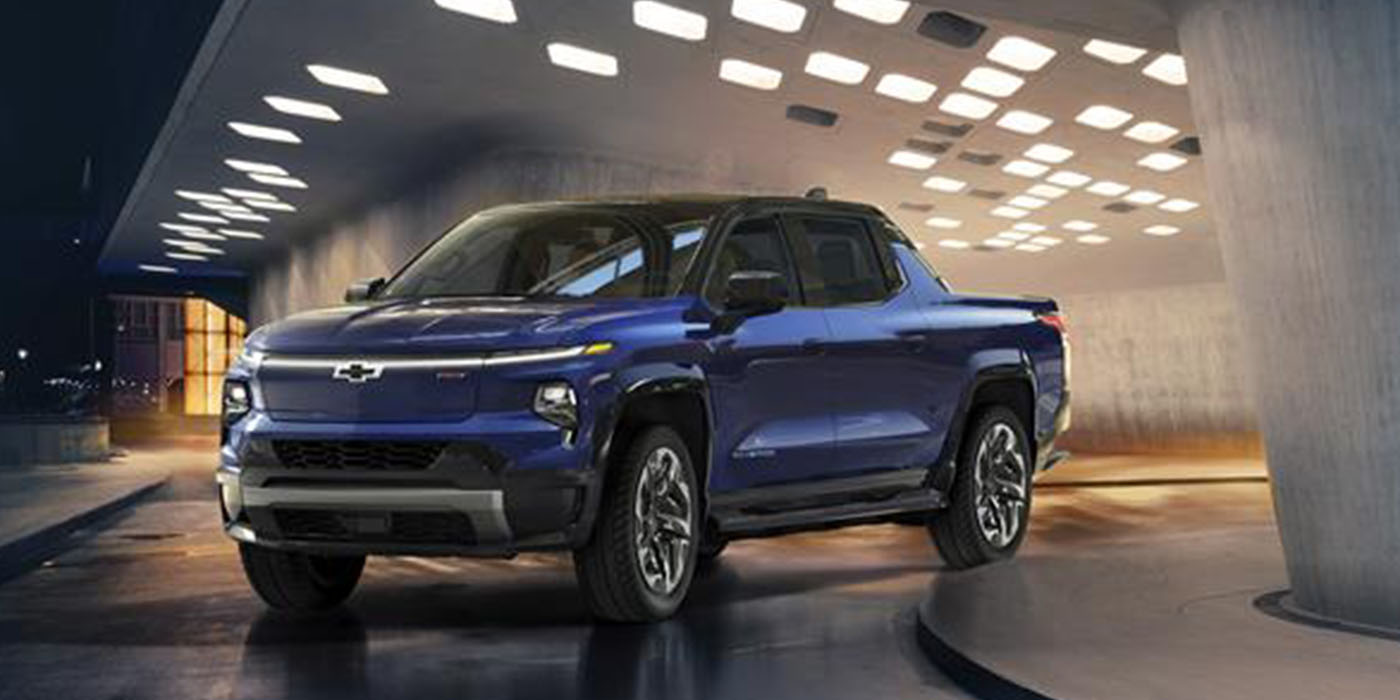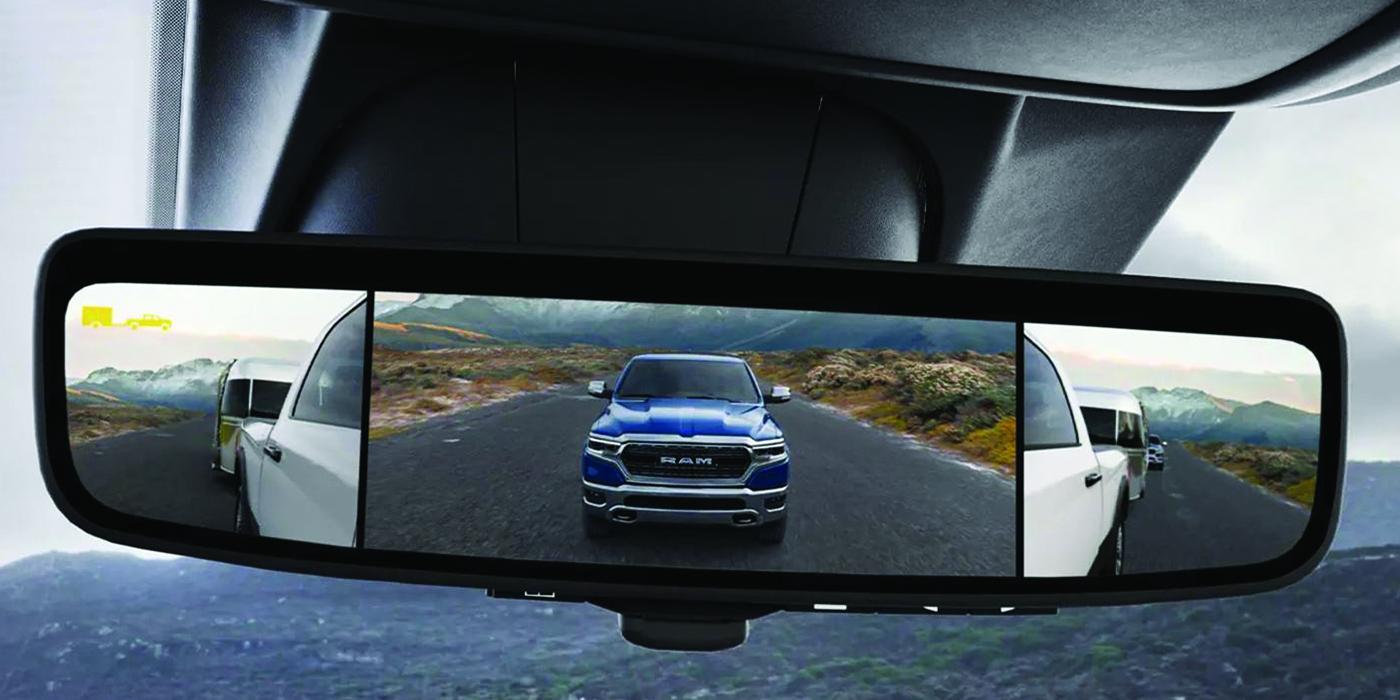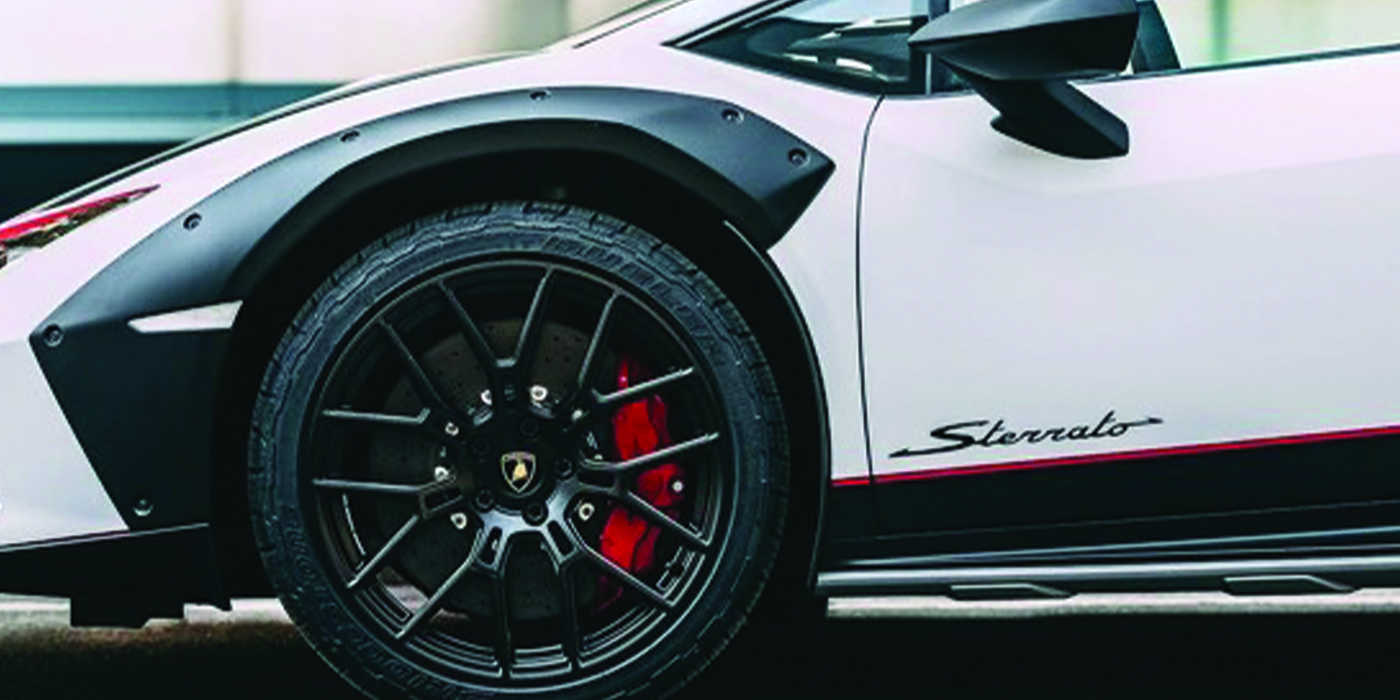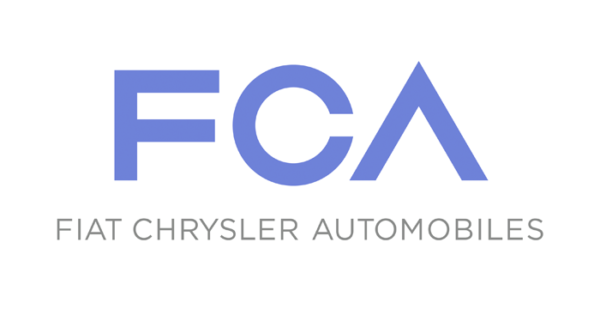
Fiat Chrysler Automobiles N.V. has delivered a non-binding letter to the board of Groupe Renault proposing a combination of their respective businesses as a 50/50 merger.
The FCA proposal follows initial operational discussions between the two companies to identify products and geographies where they could collaborate, particularly as they develop and commercialize new technologies. According to FCA, these discussions made clear that broader collaboration through a combination would substantially improve capital efficiency and the speed of product development. The case for combination also is strengthened by the need to take bold decisions to capture at scale the opportunities created by the transformation of the auto industry in areas like connectivity, electrification and autonomous driving.
FCA says the proposed combination would create a global automaker, preeminent in terms of revenue, volumes, profitability and technology, benefitting the companies’ respective shareholders and stakeholders. The combined business would sell approximately 8.7 million vehicles annually, would be a world leader in EV technologies, premium brands, SUVs, pickup trucks and light commercial vehicles and would have a broader and more balanced global presence than either company on a standalone basis.
The benefits of the proposed transaction are not predicated on plant closures, but would be achieved through more capital efficient investment in common global vehicle platforms, architectures, powertrains and technologies. FCA has a history of successfully combining OEMs with disparate cultures to create strong leadership teams and organizations dedicated to a single purpose. Therefore, FCA’s board strongly believes this combination, which would have the scale, expertise and resources to navigate the rapidly changing automotive industry, would create new opportunities for employees of both companies and for other key stakeholders.
Under the terms of the proposal, shareholders in each company would receive an equivalent equity stake in the combined company. The combination would be carried out as a merger transaction under a Dutch parent company. The board of the combined entity would initially be composed of 11 members, with the majority being independent and with equal representation of four members each for both FCA and Groupe Renault, as well as one nominee from Nissan. Further, there would be no carryover of existing double voting rights. However, all shareholders would have the opportunity to earn loyalty voting rights from the completion of the transaction under a loyalty voting program. The parent company would be listed on the Borsa Italiana (Milan), Euronext (Paris) and the New York Stock Exchange.
Combining the businesses will bring together complementary strengths. The combination would create a brand portfolio that would provide full market coverage with a presence in all key segments from luxury/premium brands, such as Maserati and Alfa Romeo, to the strong access brands of Dacia and Lada, and would include the well-known Fiat, Renault, Jeep and Ram brands as well as commercial vehicles. Groupe Renault has a strong presence across Europe, Russia, Africa and Middle East, while FCA is uniquely positioned in the high margin segments in North Americaand is a market leader in Latin America. FCA’s evolving capability in autonomous driving, which includes partnerships with Waymo, BMW and Aptiv, is complemented by Groupe Renault’s decade of experience in EV technology where it is the highest selling EV OEM in Europe. Groupe Renault also has a well-established and profitable financing business (RCI Banque).



